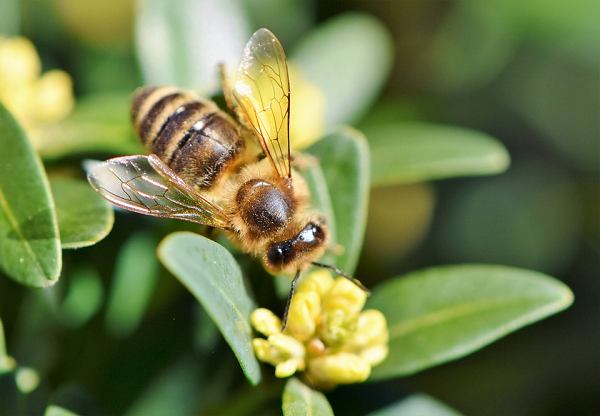Since many rural communities in Yucatán depend on the cultivation and harvesting of corn, honey and other basic products, different organizations conformed by Maya speaking people that defend the Human Rights of Indigenous People, Environmental Associations and Yucatecan businessmen got together to form the Ma GMO collective.
A triumph for the people
The fight gave its first fruits in 2014, when the opponents of Monsanto, arguing violations of their right to have a healthy environment, filed and obtained legal protections before federal judges.
In this regard, it is important to point out the support of the Government of the State of Yucatan, who listened to the people’s concerns, and not only supported their communities, but also sent these proposals to the Federal Government and strongly fought for their approval.
Although Monsanto challenged these legal procedures, and the case reached the Supreme Court of Justice of the Nation (Suprema Corte de Justicia de la Nación), the ministers ruled in favor of the Maya communities due to the omission of a previous consultation with the indigenous people to find out if they were in favor or against these projects.
In the midst of this dispute, Yucatan was declared by the state government as free zone of agricultural crops with genetically modified organisms.
The decree highlighted the importance of “applying the precautionary principle to the morally unacceptable damage of health threat due to the presence of transgenic soybeans and the extensive use of agrochemicals (…) authorities determined that there was a serious and irreversible damage to the beekeeping activity, and that this was unfair for future generations, because it attempts against the human rights of Maya farmers or beekeepers; attempting against their free right to work, to harvest, and to commercialization and industrialization of their products, as well as their social property and human right to a healthy environment “.
It was until November 2017 when Senasica revoked the permission that Monsanto had to release transgenic soybeans in the states of Tamaulipas, San Luis Potosi, Veracruz, Chiapas, Campeche, Yucatan and Quintana Roo, due to the “serious and irreversible” environmental damages that they would cause in those regions.
In the case of Yucatan, the beekeeping activity and the planting of corn is a standard of the economy, and becoming a GM free zone is an achievement of the last two state government administrations, of several associations and of course, of society, that should serve as an example for other Mexican states.
Source: noticieros.televisa.com




